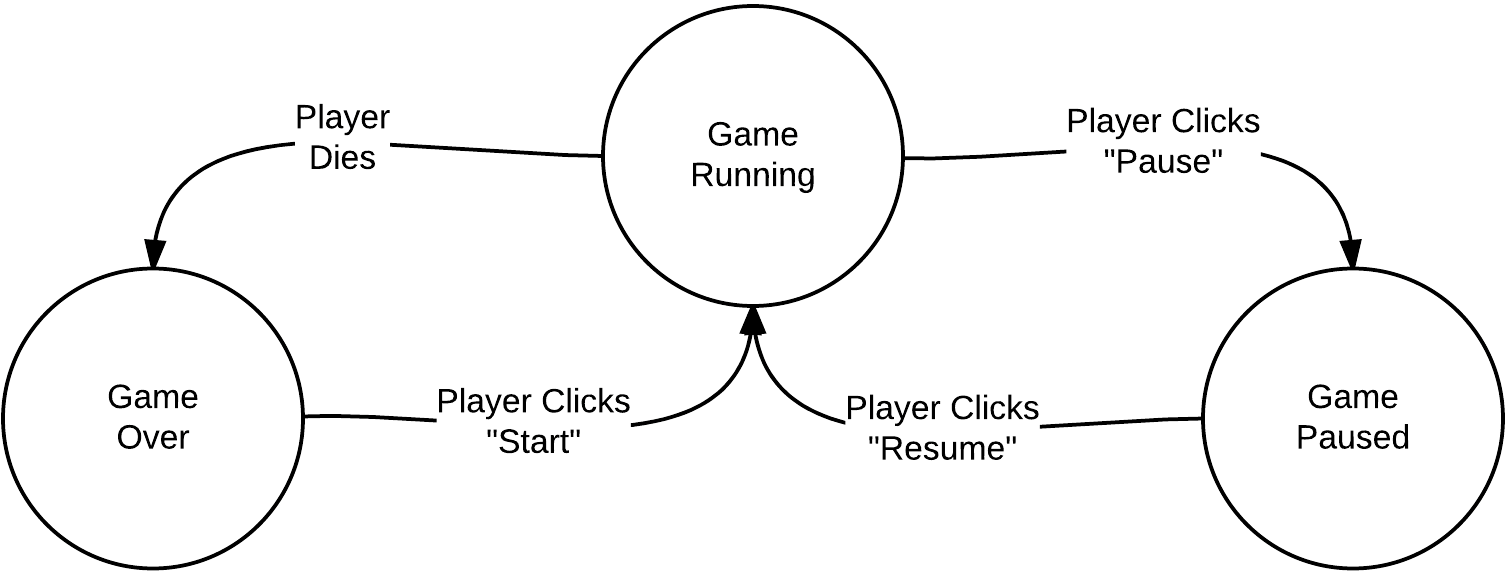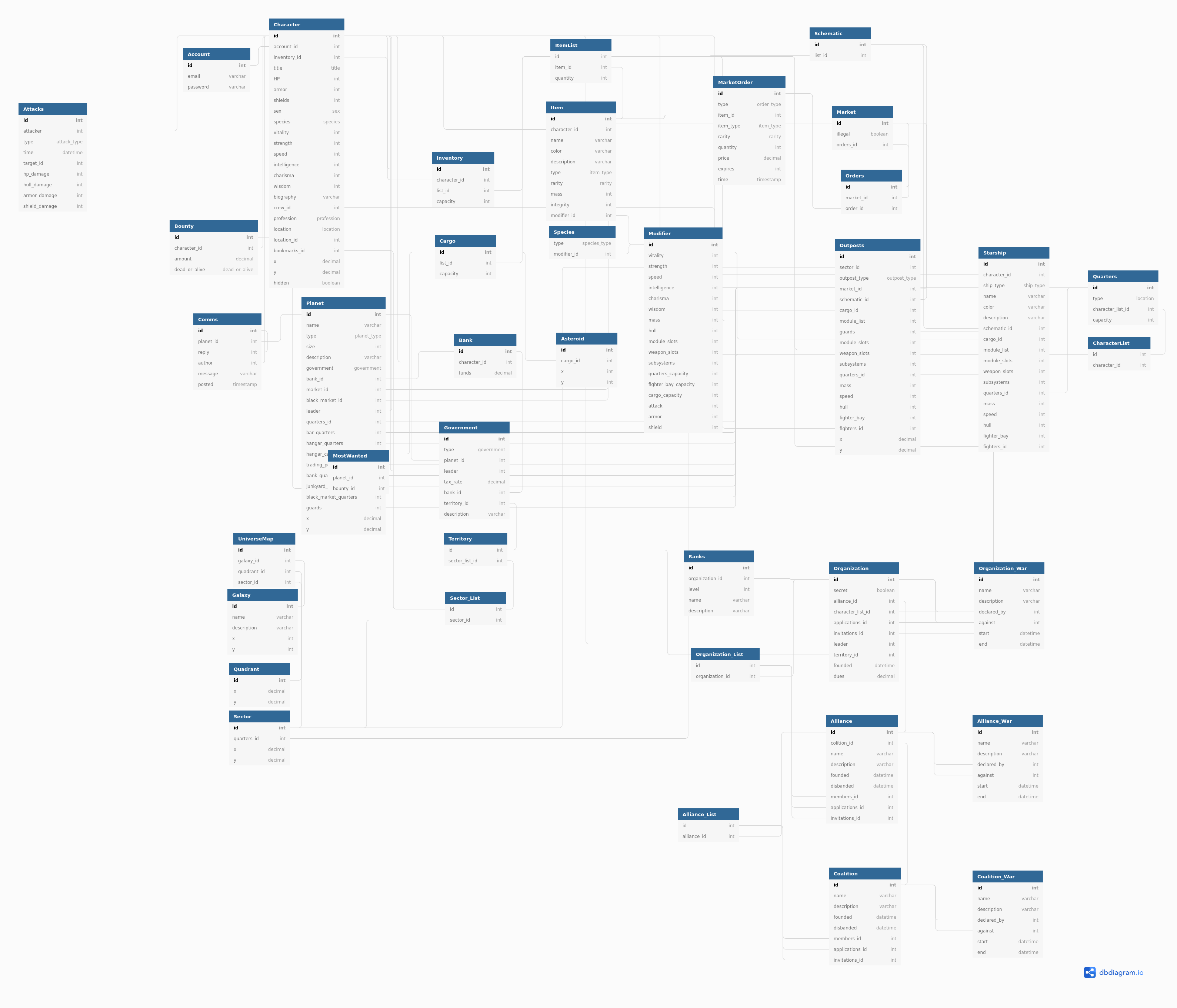# The Eternal War Machine

I left the house during my lunch break today to pick up a rug I had bought from a fellow employee across town. I would stop to pick up some bread on my way home, as well.
I waved to my neighbor pulling in to the apartment complex as I walked to my car. He thanked me for returning his mail to him. He used to live at my apartment before moving next door and I still get his mail sometimes.
I hopped in the car and started the engine. NPR starts playing and I tune in to the story unfolding.
Frank Hartzel is 93, lives outside Philadelphia. These days, sweaters over collared shirts are kind of his thing. 75 years ago though, he didn't have the luxury of a signature look. It was just combat uniforms...
I set my destination in my GPS and pull out of the complex to begin my drive.
After the war, Frank went to Drexel and MIT. He worked his entire civilian life as a structural engineer, making sure buildings were safe. He's sharp, still talks with the precision of a engineer.
I like the idea of being a structural engineer. Very similar to being an architect, which is what my sister, Melissa, is going to school for. There's something about the way "the precision of an engineer" rings true to me that makes me appreciate the story being told.
As I continue to listen, it becomes apparent that this story is about war. But not just war.
War crimes.
In December 1944, during World War II, Nazi soldiers battled for control of the Belgian town of Chenogne during the Battle of the Bulge. Afterwards, dozens of unarmed German prisoners of war were executed. The American soldiers had orders to take no prisoners (opens new window), in direct violation of the Geneva Conventions (opens new window).
I've been watching more movies lately, playing them in the background for ambience as I work from home. Two of them are movies about war. The first, being my new favorite, The King, on Netflix about The Battle of Agincourt in 1415 (also immortalized by Shakespeare in Henry V). The second being 1917, based on fragments of stories from World War 1.
The irony in how war, massive events of death by battle, immortalizes those who fought and died in them is not lost on me.
What's interesting to me isn't so much how history is written by the victors, as it is that remnants of the truth live on despite this. The story I was listening to on NPR was a testiment to that.
For George S. Patton (opens new window), the events described in the Battle of the Bulge are remembered not only as a victory, but as a major achievement for him.
And yet the truth lives on in the soldiers who carried out his orders, in the form of haunting regret. This truth is what is uncovered by the investigative journalist. Although the solider may never be free from the guilt of killing POWs, maybe his burden is alleviated in revealing the truth of what happened.
The Truth Shall Set You Free.
# War as a State Machine
I've been thinking a lot about war and how it's almost always a territory struggle, really. This is made especially clear in the movie, The King.
In the context of Space Pirates, the game I've been working on, it's really a war simulation if territories were squares in space.
Something else I've been interested in very much has been cryptocurrencies and the underlying blockchain technology. I really wanted to combine my two interests into this game.
That's when I realized how I could: the blockchain is essentially an incorruptible, decentralized ledger of the truth. In finance, it's used to keep track of the state of wallets by tracking transactions that modify the wallet balances. This is basically a simple finite-state machine.
We then see how some of the other cryptocurrencies like EOS (opens new window), NEO (opens new window) and Ethereum (opens new window) build on this concept to facilitate the creation of more complex state machines in the form of dApps (opens new window) (decentralized applications) , even so far as to resemble virtual computers (opens new window). Indeed, Ethereum can execute Turing-complete (opens new window) scripts and the term Virtual Machine (opens new window) is thrown around alot in the crypto space.
Since Satoshi Nakamoto (opens new window) invented the blockchain datastructure, it's now possible to create a record that can not only exist safely in a decentralized form, but can theoretically exist forever (opens new window)
These are very seductive features a game built as a dApp can have. As a gamer, I don't have to fear my game or my progress in the game will be erased when the game shuts down and as a game developer, my game will live on forever!
# The Game of Life
One such game (not built on the blockchain but existing as a simple state machine of rules) is John Conway's Game of Life (opens new window)
The Game of Life, also known simply as Life, is a cellular automaton devised by the British mathematician John Horton Conway in 1970. It is a zero-player game, meaning that its evolution is determined by its initial state, requiring no further input.
You can see here the fun (opens new window) I had when I first discovered this game. Basically, I discovered that there are many different stable configurations (opens new window) within the confines of Conway's simulated biology, which I had fun playing with. Interestingly, configurations which travel across the grid are called spaceships (opens new window).
So I decided to build a state machine that simulates the mechanics of the Space Pirates game I want to build. If you are aware, a state machine is a simple concept of a graph of nodes representing states that are linked together by transitions between those states.

I realized you can model the states of a state machine as a database diagram. So I found dbdiagram.io (opens new window), which facilitates the easy creation of database diagrams.
Here is the database diagram I came up with for Space Pirates:
Space Pirates DB Diagram
//// -- LEVEL 1
//// -- Tables and References
// Characters
Table Account {
id int [pk]
email varchar [unique]
password varchar
}
Table Character {
id int [pk]
account_id int [ref: > Account.id, note: 'null if NPC']
inventory_id int [ref: - Inventory.id]
title title
HP int
armor int
shields int
sex sex
species species
vitality int
strength int
speed int
intelligence int
charisma int
wisdom int
biography varchar
crew_id int [ref: - CharacterList.id]
profession profession [note: 'if NPC']
location location
location_id int [note: 'references an id of a relevant location. For example, an outpost, facility or ship id.']
bookmarks_id int [ref: > Sector_List.id]
x decimal
y decimal
hidden boolean
}
Table CharacterList {
id int
character_id int [ref: - Character.id]
}
Table Quarters {
id int [pk]
type location
character_list_id int [ref: - CharacterList.id]
capacity int
}
Table Species {
type species_type
modifier_id int [ref: - Modifier.id]
}
Table Modifier {
id int [pk]
vitality int
strength int
speed int
intelligence int
charisma int
wisdom int
mass int
hull int
module_slots int
weapon_slots int
subsystems int
quarters_capacity int
fighter_bay_capacity int
cargo_capacity int
attack int
armor int
shield int
}
enum species_type {
Human [note: 'Humanoid']
AI [note: 'Machine']
Feline [note: 'Cat-like']
Apex [note: 'Ape-like']
Salarian [note: 'Squid-like']
Menal [note: 'Psychic humanoids']
Killix [note: 'Ant-like']
}
enum sex {
Male
Female
Asexual
}
enum profession {
Trader
Mechanic
Pirate
Traveler
Craftsman
Gunslinger
Swordsman
}
enum title {
Emperor
Grand_Inquisitor
Imperator
Trooper
President
Senator
Marshal
Ranger
High_Lord
Lord
Paladin
Consul
Member
}
Table Bounty {
id int [pk]
character_id int [ref: > Character.id]
amount decimal
dead_or_alive dead_or_alive
}
enum dead_or_alive {
Dead
Alive
Dead_Or_Alive
}
// Items
Table Inventory {
id int [pk]
character_id int [ref: - Character.id]
list_id int [ref: < ItemList.id]
capacity int
}
Table Cargo {
id int [pk]
list_id int [ref: < ItemList.id]
capacity int
}
Table ItemList {
id int
item_id int [ref: - Item.id]
quantity int
}
Table Item {
id int [pk]
character_id int [ref: > Character.id]
name varchar
color varchar
description varchar
type item_type
rarity rarity
mass int
integrity int
modifier_id int [ref: - Modifier.id]
}
Table Starship {
id int [pk]
character_id int [ref: - Character.id]
ship_type ship_type
name varchar
color varchar
description varchar
schematic_id int [ref: > Schematic.id]
cargo_id int [ref: - Cargo.id]
module_list int [ref: - ItemList.id]
module_slots int
weapon_slots int
subsystems int
quarters_id int [ref: - Quarters.id]
mass int
speed int
hull int
fighter_bay int
fighters_id int [ref: - ItemList.id]
}
enum ship_type {
Battle_Carrier
Battleship
Blockade_Runner
Capital_Ship
Command_Ship
Corsair
Corvette
Cruiser
Destroyer
Dreadnaught
Freighter
Frigate
Grand_Liner
Gunship
Heavy_Cruiser
Heavy_Freighter
Heavy_Miner
Light_Miner
}
// Recipes for parts, ships, weapons, gear, tools
Table Schematic {
id int [pk]
list_id int [ref: - ItemList.id]
}
enum rarity {
Fake [note: 'grey']
Common [note: 'white']
Uncommon [note: 'green']
Superior [note: 'blue']
Rare [note: 'red']
Mythic [note: 'purple']
Legendary [note: 'gold']
Primordial [note: 'RGB']
}
enum item_type {
Schematic
Ore
Spice
Commodity
Luxury
Alloy
Part
Ship
Weapon
Gear
Tool
Document
Slave
Art
}
// Universe
// coordinates: [note: 'universe coordinate and 6 decimals, 2 for each galaxy, quadrant, sector coordinate. ie: 010203']
// Start off with 40 galaxies
Table UniverseMap {
id int [pk]
galaxy_id int [ref: > Galaxy.id, note: 'Can contain 400 [20x20] quadrants, some of which can contain star systems']
quadrant_id int [ref: > Quadrant.id, note: 'Can contain 400 [20x20] sectors, some of which contain celestial objects']
sector_id int [ref: - Sector.id, note: 'Can contain asteroids, planets, stars or outposts']
}
Table Galaxy {
id int [pk]
name varchar
description varchar
x int
y int
}
Table Quadrant {
id int [pk]
x decimal
y decimal
}
Table Sector {
id int [pk]
quarters_id int [ref: - Quarters.id]
x decimal
y decimal
}
// Celestial objects
Table Planet {
id int [pk]
name varchar
type planet_type
size int [note: 'scale of 1-100']
description varchar
government government
bank_id int [ref: - Bank.id]
market_id int [ref: > Market.id]
black_market_id int [ref: > Market.id]
leader int [ref: - Character.id]
quarters_id int [ref: - Quarters.id]
bar_quarters int [ref: - Quarters.id]
hangar_quarters int [ref: - Quarters.id]
hangar_cargo int [ref: - Cargo.id]
trading_post_quarters int [ref: - Quarters.id]
bank_quarters int [ref: - Quarters.id]
junkyard_quarters int [ref: - Quarters.id]
black_market_quarters int [ref: - Quarters.id]
guards int [ref: - CharacterList.id]
x decimal
y decimal
}
Table Asteroid {
id int [pk]
cargo_id int [ref: - Cargo.id]
x int
y int
}
enum planet_type {
Barren
Frozen
Cold
Temperate
Warm
Hot
Burning
Arctic
Snow
Tundra
Boreal
Steppes
Monsoon
Forest
Terran
Ocean
Atoll
Savannah
Mediterranean
Jungle
Desert
Arid
Ash
Lava
}
// Government
Table Government {
id int [pk]
type government
planet_id int [ref: - Planet.id]
leader int [ref: - Character.id]
tax_rate decimal
bank_id int [ref: - Bank.id]
territory_id int [ref: - Territory.id]
description varchar
}
Table Territory {
id int
sector_list_id int
}
Table Sector_List {
id int
sector_id int [ref: > Sector.id]
}
enum government {
Empire
Republic
Council
No_Government
}
Table Comms {
id int [pk]
planet_id int [ref: > Planet.id]
reply int [ref: > Comms.id]
author int [ref: > Character.id]
message varchar
posted timestamp
}
Table MostWanted {
id int [pk]
planet_id int [ref: > Planet.id]
bounty_id int [ref: > Bounty.id]
}
// Market
Table MarketOrder {
id int [pk]
type order_type
item_id int [ref: - Item.id]
item_type item_type
rarity rarity
quantity int
price decimal
expires int
time timestamp
}
Table Orders {
id int [pk]
market_id int [ref: > Market.id]
order_id int [ref: > MarketOrder.id]
}
Table Market {
id int [pk]
illegal boolean [note: 'determines if this is a black market, allowing illegal goods']
orders_id int [ref: < Orders.id]
}
enum order_type {
Buy
Sell
}
Table Bank {
id int [pk]
character_id int [ref: < Character.id]
funds decimal
}
// Outposts
enum outpost_type {
Refinery [note: 'refines ore']
Manufactory [note: 'production of new items']
Shipyard [note: 'ship purchases and upgrades']
Space_Station [note: 'repairs and refuel']
Space_Dock [note: 'docking to protect ship']
Starbase [note: 'cargo storage and trading']
}
enum location {
Bar
Hangar
Trading_Post
Bank
Junkyard
Black_Market
Refinery
Manufactory
Planet
Shipyard
Space_Station
Space_Dock
Starbase
Ship
Space
Home
}
Table Outposts {
id int [pk]
sector_id int [ref: - Sector.id]
outpost_type outpost_type
market_id int [ref: - Market.id]
// similar to ships
schematic_id int [ref: > Schematic.id]
cargo_id int [ref: - Cargo.id]
module_list int [ref: - ItemList.id]
guards int [ref: - CharacterList.id]
module_slots int
weapon_slots int
subsystems int
quarters_id int [ref: - Quarters.id]
mass int
speed int
hull int
fighter_bay int
fighters_id int [ref: - ItemList.id]
x decimal
y decimal
}
// Organizations
Table Organization {
id int [pk]
secret boolean
alliance_id int [ref: - Alliance.id]
character_list_id int [ref: - CharacterList.id]
applications_id int [ref: - CharacterList.id]
invitations_id int [ref: - CharacterList.id]
leader int [ref: - Character.id]
territory_id int [ref: - Territory.id]
founded datetime
dues decimal
}
Table Organization_List {
id int
organization_id int [ref: > Organization.id]
}
Table Alliance_List {
id int
alliance_id int [ref: > Alliance.id]
}
Table Coalition {
id int [pk]
name varchar
description varchar
founded datetime
disbanded datetime
members_id int [ref: - Alliance_List.id]
applications_id int [ref: - Alliance_List.id]
invitations_id int [ref: - Alliance_List.id]
}
Table Alliance {
id int [pk]
colition_id int [ref: - Coalition.id]
name varchar
description varchar
founded datetime
disbanded datetime
members_id int [ref: - Organization_List.id]
applications_id int [ref: - Organization_List.id]
invitations_id int [ref: - Organization_List.id]
}
Table Coalition_War {
id int [pk]
name varchar
description varchar
declared_by int [ref: > Coalition.id]
against int [ref: > Coalition.id]
start datetime
end datetime
}
Table Alliance_War {
id int [pk]
name varchar
description varchar
declared_by int [ref: > Alliance.id]
against int [ref: > Alliance.id]
start datetime
end datetime
}
Table Organization_War {
id int [pk]
name varchar
description varchar
declared_by int [ref: > Organization.id]
against int [ref: > Organization.id]
start datetime
end datetime
}
Table Ranks {
id int [pk]
organization_id int [ref: > Organization.id]
level int
name varchar
description varchar
}
Table Attacks {
id int [pk]
attacker int [ref: > Character.id]
type attack_type
time datetime
target_id int [note: 'Id of the target, depending on attack type']
hp_damage int
hull_damage int
armor_damage int
shield_damage int
}
enum attack_type {
Character [note: 'character v character combat']
Ship [note: 'ship v ship combat']
Plunder [note: 'this is attacking a planet with no government']
Blockade [note: 'this is "atatcking" a planet with a government. Stops trade, puts you on wanted list. Blockade is in effect so long as the chracter remains orbiting planet']
Board [note: 'boarding a ship pits crew vs crew. If Board is successful, crew gains control of ship']
Infiltrate [note: 'this is attacking a government. Has chance to steal rare documents']
Outpost [note: 'attack a structure. Damages shields, armor, and hull.']
Counter [note: 'counter-attack. Happens automatically when Characters, Ships, or outposts/planets with defense systems installed or ships guarding it are attacked']
}
Ref: "Territory"."sector_list_id" < "Sector_List"."id"
Which looks something like this:

Now, we can start to see how this diagram resembles a state machine. The relations between each table can correspond to an action a player can make that would change the state of game.
I'm pretty proud of this diagram so far. The next step is to determine which blockchain I should use to build my dApp on. So far I'm leaning towards EOSIO, but I haven't ruled out making my own blockchain (opens new window) yet either.
